Netflix's Dan Lin Hire, WBD's Investor Wealth Fire, CNN's Ratings Mire, and 'Dune's' Week 2 Funeral Pyre
Also in this week's 'Next Text,' one of us once again chooses emotion over sound prognostication and picks 'The Holdovers' to win Best Picture
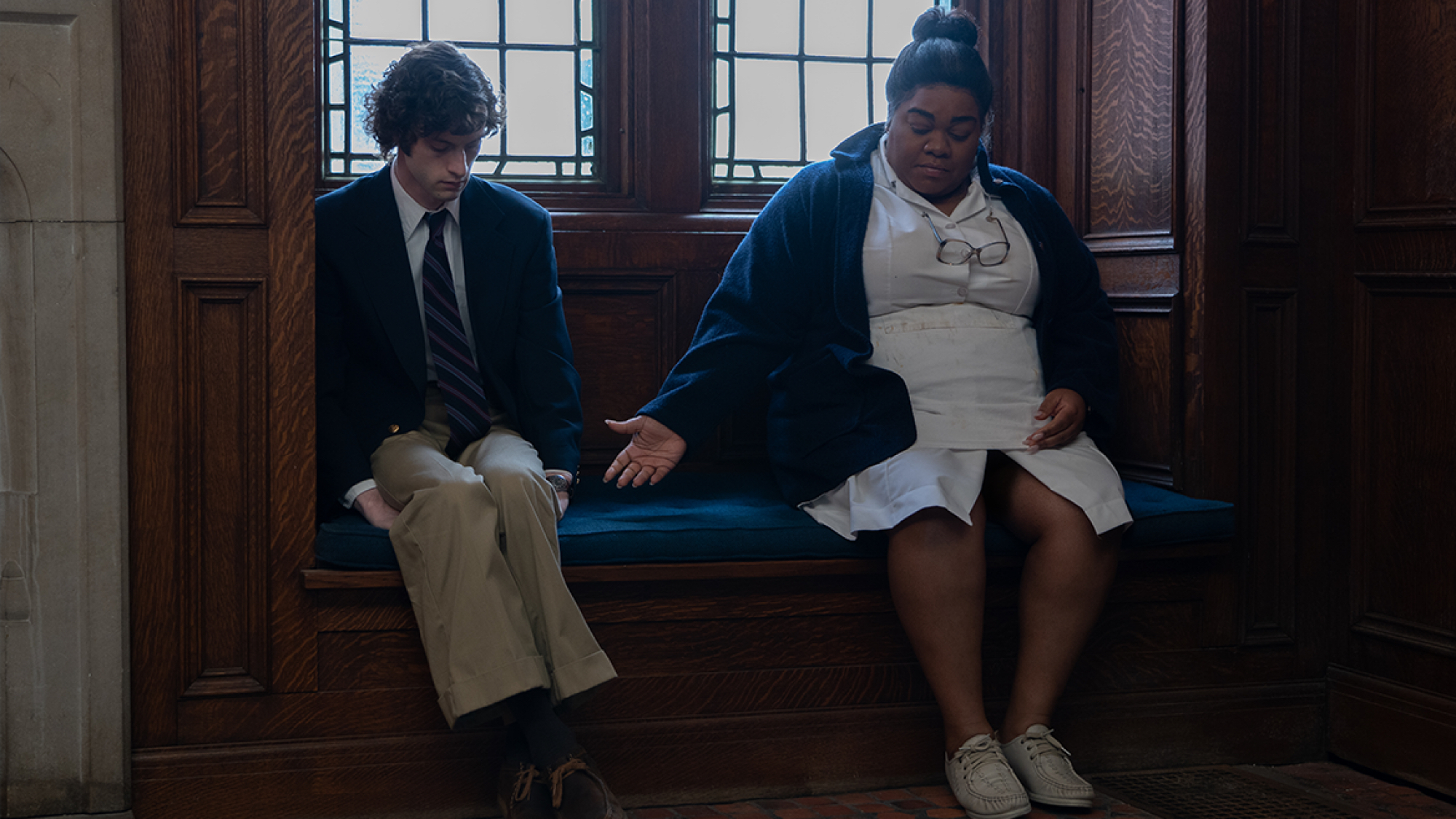
The smarter way to stay on top of the streaming and OTT industry. Sign up below.
You are now subscribed
Your newsletter sign-up was successful
No messing around this week -- it's time for Next TV's weekly exchange of poorly articulated thoughts and half-baked ideas.
DAVID BLOOM: So, with St. Patrick’s Day just around the corner, Danny Boy, I know you’re dancing a jig alone in the sands of Dune 2, watching in near isolation in a theoretically public theater. The movie opened last weekend to a very respectable $82.5 million domestic gross. That you’re alone in the theater five days later is … not encouraging.
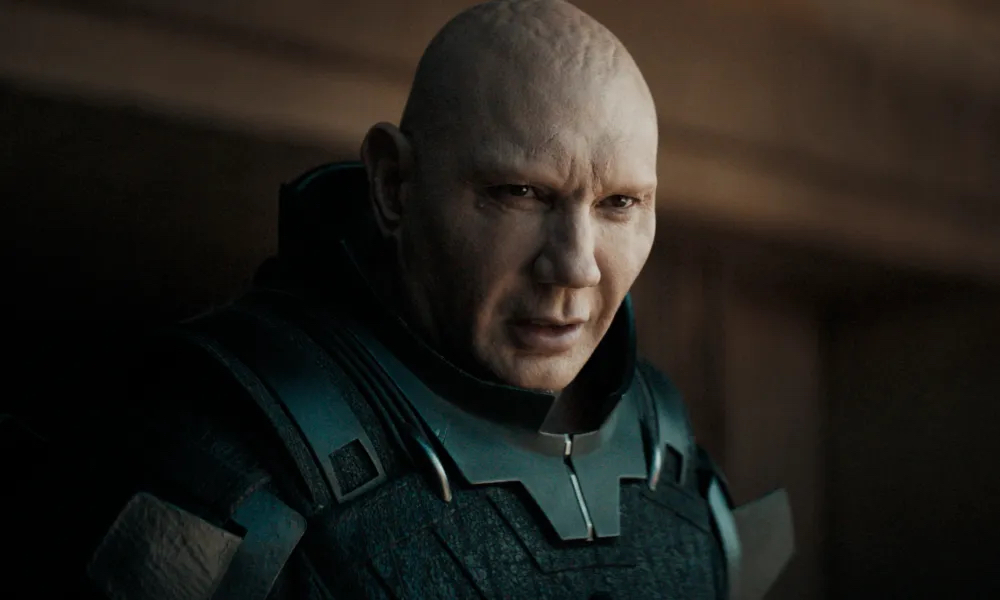
Meanwhile, I’m pondering a rash of other Warner Bros. Discovery news, suggesting continued rapid disassembly: TruTV, a cable channel whose reason to exist always puzzled me, now has modest if still puzzling reason to exist, adding NBA, NHL and MLB games to those overflow March Madness tilts they carry every year. Meanwhile, online video pioneer Rooster Teeth, which started selling online original series before YouTube even launched, is headed to history's great ash heap. Max, meanwhile, will crack down on password sharing this year. It worked for Netflix, but I suspect it’ll be much less useful for WBD, given that Max is a quarter the size, without the same must-have audience connection. The guys at LightShed Partners were spot on last month when they noted WBD's ever-shrinking earnings guidance, from $14 billion to $10 billion the past three years. Now the company has stopped giving guidance at all, likely because the numbers will be even lower. Good to know CEO David Zaslav is still guaranteed a big payday, thanks to salary calculations based on the free cash flow he and his people have loosened up with all their hacking and slashing.
DANIEL FRANKEL: Yes, I did make it to the Crenshaw Cinemark for a Friday afternoon showing of Dune: Part II. As fate would have it, a couple and another solo middle-aged guy walked in after the credits, so there's hope yet that WBD won't have a week 2 box-office collapse on its hands. I'm not a fan of the books, but definitely an interesting movie. Denis Villeneuve has effectively taken Ridley Scott's aesthetic from the Alien prequels and ran with it. As for WBD, I did see that CNN did beat MSNBC in the key 25-54 demo for the State of the Union Address, which has to be encouraging in the post-Licht era.
Still, a factoid from that LightShed report sticks with me: In 2017, HBO's had a profit of $2.2 billion and 54 million domestic subscribers. In 2023, Warner Bros. Discovery's consumer business had a profit of $103 million and 52 million domestic subscribers. I'd say that's a damning indictment on AT&T's John Stankey and David Zaslav ... but bad news doesn't seem to damn these guys.
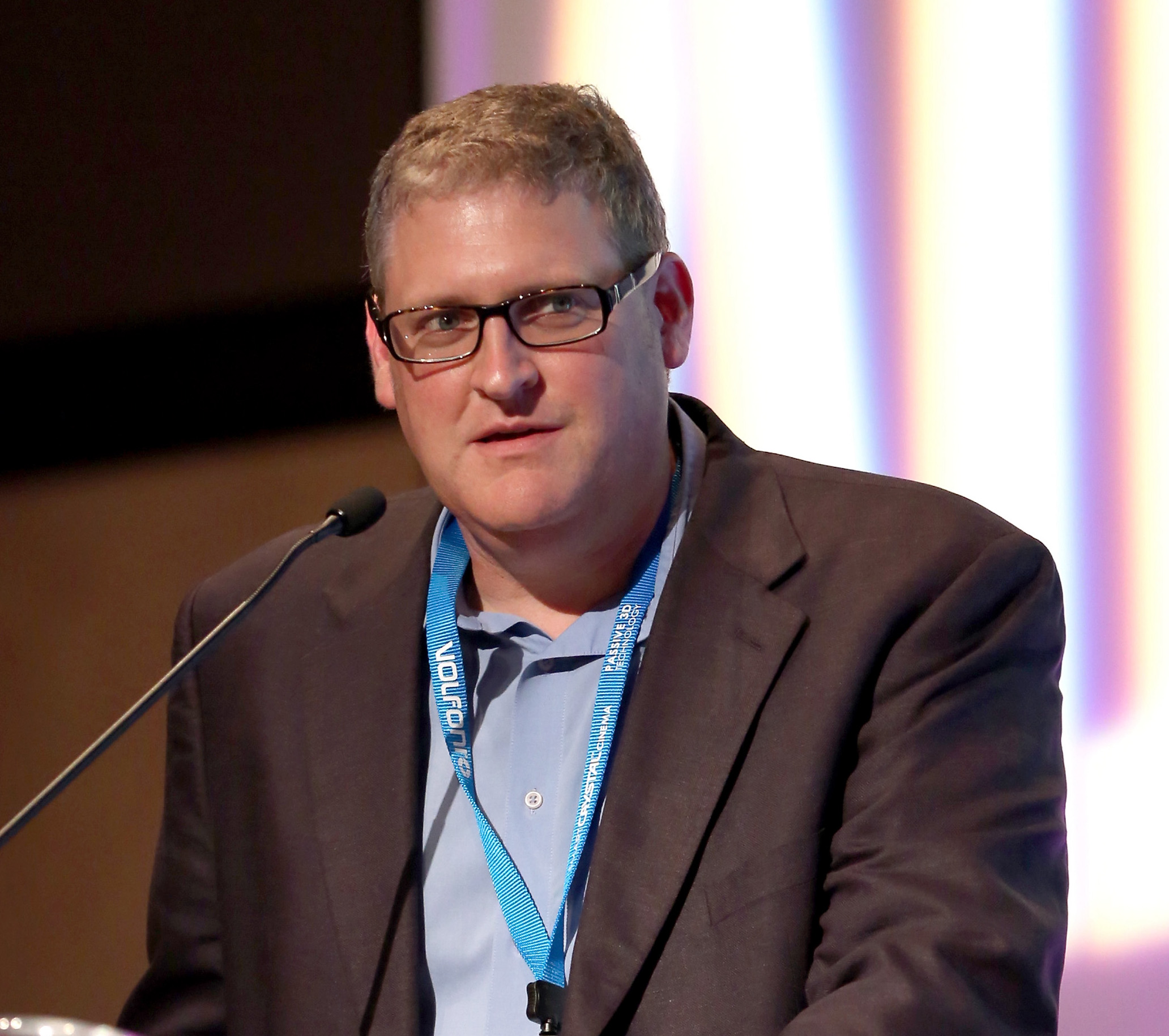
They just keep getting raises. Speaking of which, I was taken to task a little this week for comparing the $89 million in total compensation received in 2023 by Charter Communications CEO Christopher Winfrey to the 10-year, $700 million deal signed by baseball star Shohei Ohtani with the Dodgers. Charter reps, and a few readers, sharply reminded me that incentive-based stock options aren't the same as salary. Sure, sure ... but can we all agree that today's top TMT executives are obscenely compensated?
Also read: Are You Kidding Me? Charter CEO Chris Winfrey Made More Than Shohei Ohtani Last Year
The smarter way to stay on top of the streaming and OTT industry. Sign up below.
BLOOM: Always amusing to hear the flacks complain that their richly compensated bosses are only possibly going to make far more money from millions of dollars worth of stock options or other back-door compensation, with little oversight by pliable, hand-picked board members or shareholders who typically are “owners” only through mutual funds and ETFs, with little ability to impact anything (that clawback of $51 billion worth of Elon Musk’s dirt-cheap options is an unusual exception in every way). It’s particularly amusing seeing these paydays awarded for running shrinking, failing or mediocre businesses, in part because the options are bargain-priced and typically based on manipulable metrics like cash flow or easily reached share-price milestones. One need only look at the quarter-billion dollars that Zaslav received for pulling together the leveraged buyout/debt-saddled mess known as WBD, which has since been blessed by Zaslav's endless waves of layoffs, sell-offs, cuts, and, yes, tax-code manipulations like those mothballed movies.
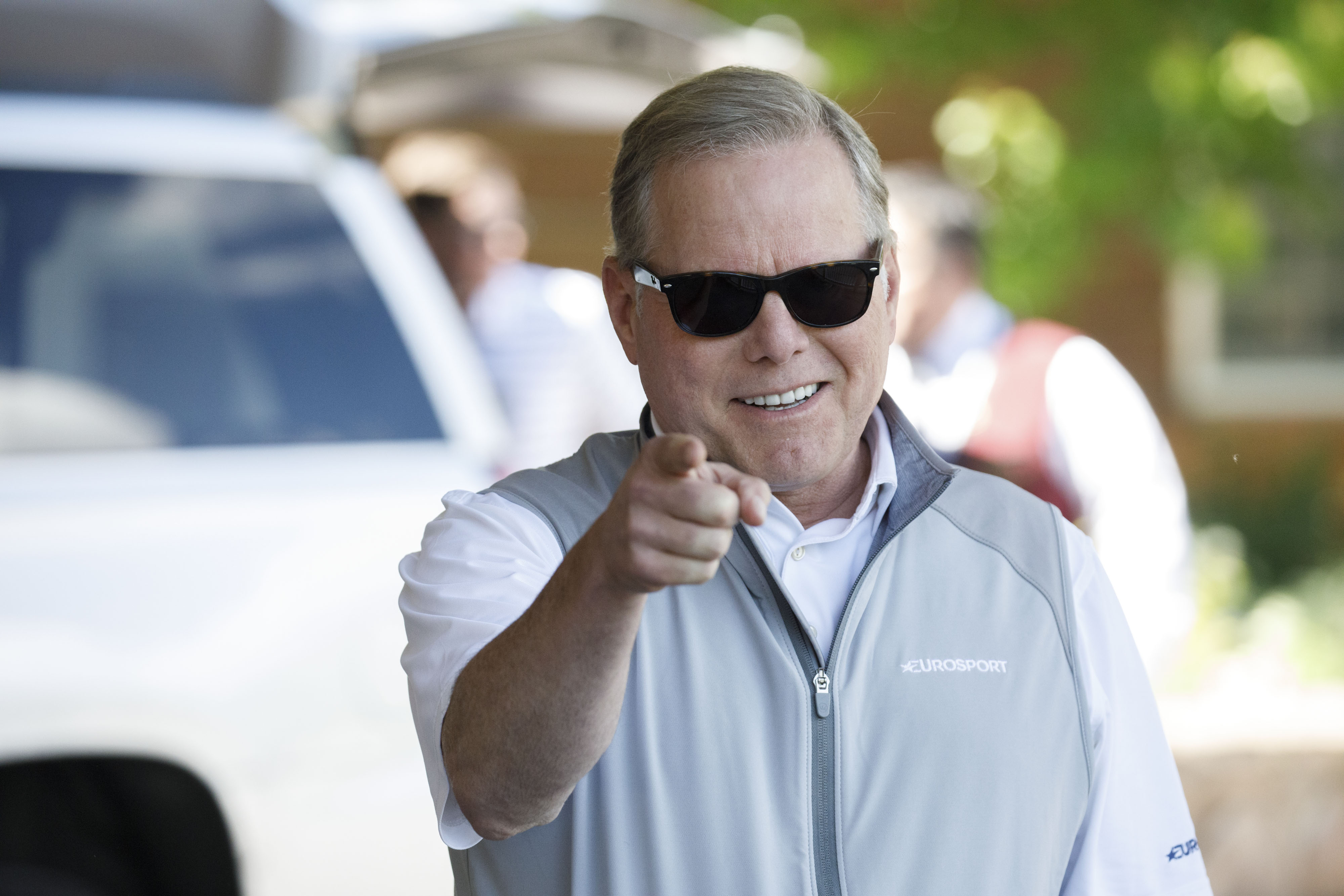
Meanwhile, Zaslav is cutting still more this week, shutting down the Adult Swim game division, while refusing to give back the titles to their indie creators so they can sell the games on their own. Tacky and crappy, but in character. The bigger issue right now is what happens with NBA rights, for which negotiations officially kick off this week. Business Insider called the negotiations "do or die” for WBD, because those games are an essential component of the value in what’s still WBD’s biggest revenue source, its cable channels. NBA rights also will be vital for WBD’s part in Spulu, and Max, and so on. But with $40 billion in debt still, and NBA expectations that it can triple overall rights revenue to $75 billion, can Zaz play with the big boys at Amazon and Apple, Comcast and Disney/ESPN? Would cutting back to one night of games a week be enough to still matter to MVPDs, or make Spulu must-subscribe TV?
FRANKEL: I can feel the dozen readers who have been loyal to our little convoluted column closing this window on Chrome, fearful we're going into the weeds on Zaz and his big NBA deal again ... but f*** it. I'm in. With a little Doja Cat while I type ...
WBD is currently paying around $1.2 billion a season for 76 games. Certainly, they must stay in the NBA business. It would be an existential issue to let it go. But I agree with you almost as certainly -- $75 billion seems like a realistic get for the league in an era in which the NFL commands over $100 billion for far fewer games. But I don't see how Disney and WBD pay all of this bill. Just like any good NBA team, scoring is going to have to come from someplace else. And I suspect the league will want a two-guard who can stream. (Personally, after watching this reel of Shai Gilgeous-Alexander highlights, I think Oklahoma City Thunder GM Sam Presti should take Zaslav's job. All that dude does is find winners.)
Steering back to our executive discussion, I covered this Winfrey's Morgan Stanley speaking gig the day after the salary story broke. And gotta say, the man has done an effective job. Charter has prevented broadband user erosion better than most cable operators. And Winfrey seems to have a clarity of message on marketing -- he repeatedly called the fixed wireless access disruptors "cellphone internet," while also labeling their product as "inferior" no less than half-a-dozen times. Winfrey also did an effective job of positioning Spectrum Mobile, describing Charter as a superior wireless company that has "more wires." That's all well and good. But I have to say after two months as a Spectrum Mobile user -- I ain't happy. The amount of coverage dead spots in and around Los Angeles for data has been a bummer. I certainly don't pretend to be any tech expert on wireless (although I've been abruptly and rudely fired before by those who are!). Anyway, my recommendation on anyone thinking about saving a buck with cable wireless -- stick with T-Mobile, Verizon or AT&T and pay the man his money.
BLOOM: The NFL deal was $110 billion over 11 years, further sweetened with that Peacock streaming-only playoff, the Amazon Black Friday game package, etc. The NBA provides less compelling programming, but way more of it. Disney and Warner can’t afford all of this. NBCUniversal is said to be interested, and Amazon. Only question to me is whether Apple jumps in. Apple is busily hiring ad executives for a presumed ad-supported service tier, most recently Joseph Cady, a 14-year NBCUniversal vet who was EVP of advanced advertising and partnerships there. Also, might Netflix edge in? During the two Ted Sarandos events I attended the past 10 days, the Netflix co-CEO promised “a lot” more live events as they expand into that formerly exclusive province of legacy networks.

Whether Netflix is quite ready for the deep water of NBA rights, instead of just the new WWE deal and one-off events like the joyful experience of watching Mike Tyson punch Logan Paul in the face, I don’t know. But Netflix plays a very long game, usually at least three moves ahead of the rest of these overpaid jokers. Speaking of which, one last thought on Chris Winfrey. Yes, he did a fine job on the Morgan Stanley stage accurately parroting the new anti-fixed-wireless commercials Charter runs ad nauseam. He faced down Disney in September, forcing a new paradigm between the staggering legacy networks and the staggering MVPDs. Perhaps Winfrey deserves an excessively pudgy pay package just for that ballsy move. Having said that, compare Charter, now the No. 1 MVPD, with the erstwhile No. 1, Comcast. There’s no comparison (though admittedly, Comcast is far more diversified). Comcast share prices rose (modestly) over the past month, year, and five years. Charter is down 2% on the month, 19% on the year, and almost 19% over the past five years. That feels a little more damning.
FRANKEL: Curious, what do you make of the Dan Lin hire at Netflix? He arrived the same week Adam Sandler, the highest paid actor in Hollywood, hoisted a bomb for Netflix, Spaceman.
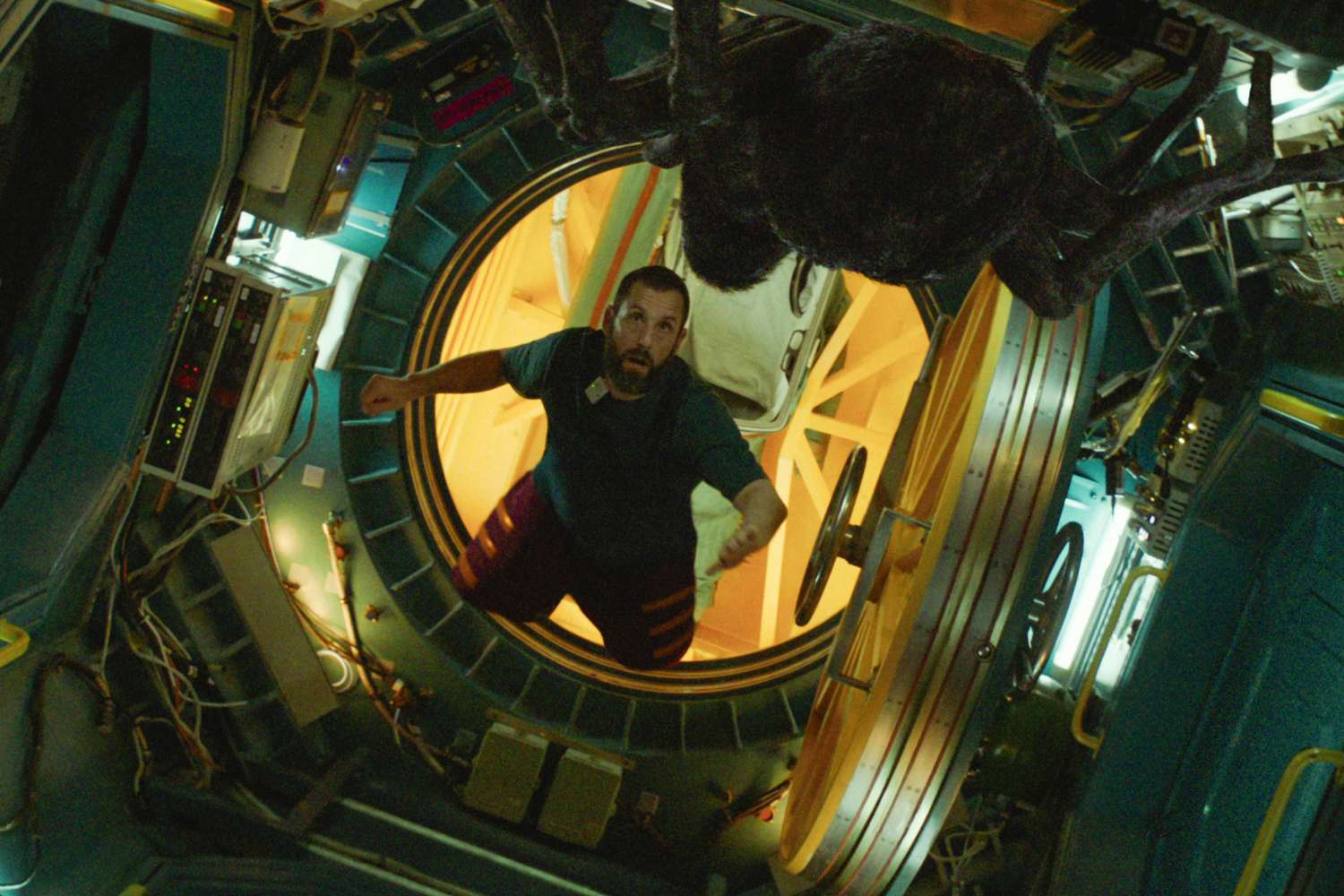
BLOOM: I think Dan Lin represents the next era of Netflix moviemaking: Fewer, probably better, definitely more oversight and development attention. Predecessor Scott Stuber’s role was to firehose a lot of money at a couple of problems Netflix was facing eight years ago, when he came on board and Netflix was just getting into its originals strategy in a big way. At Peak Movie on Netflix, Stuber presided over a brain-melting 70 original features a year, three to four times the slate any Hollywood studio has attempted in many decades. Many projects featured prodigious budgets and oodles of A-list talent (see, for instance, The Gray Man). They also took a lot of swings at awards contenders.
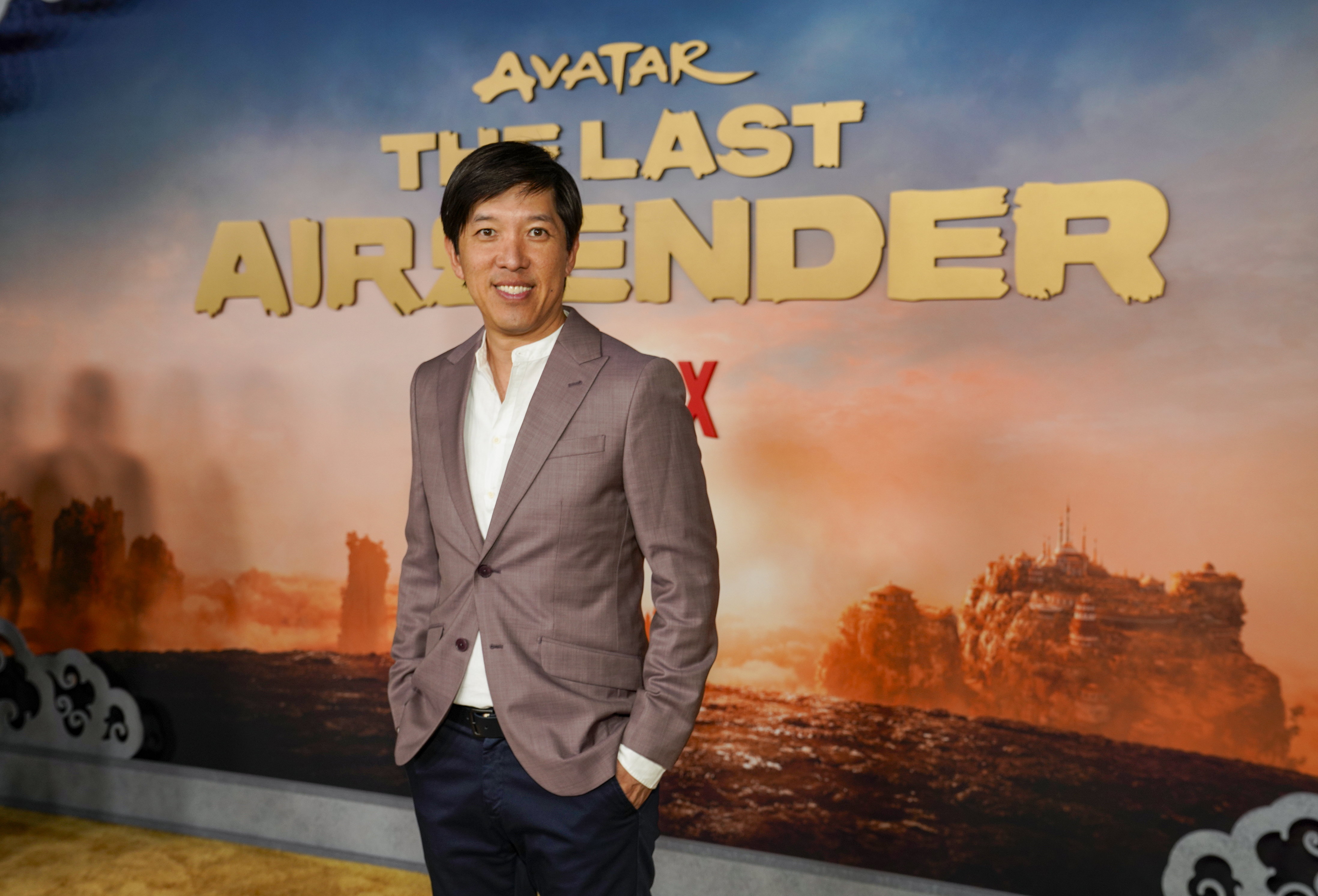
I’d argue Stuber was generally successful at the job he was hired to do. Sarandos talked last week about the company’s early forays into original content, where it built a reputation for giving creators a budget and not doing a lot of executive meddling and “notes.” That was, he said, partly because Netflix didn’t have the bodies to do the meddling. But it was a hit with filmmakers too, and that approach continued even as Netflix staffed up. Stuber's position changed, and now so has the person occupying it. Lin is an experienced hand, and will be just fine. But he faces a different world, and remit: Make about 30 movies a year, still way more than any Hollywood studio in this post-strike era. Maybe be far more selective about the projects and spending. But they’re still going to make more Sandler movies that may be critical bombs but reliably serve a slice of the Netflix audience. Speaking of audiences, Joe Biden’s State of the Union speech was generally judged a success (all the GOP/MAGA critics could complain about was that "Sleepy Joe" was too “energetic”). The official GOP response by theatrical housewife and improbable U.S. Sen. Katie Britt spawned a cottage industry of parodies. Comedy Central’s Jordan Klepper was, let’s just say, really looking forward to harvesting the joke potential. But, and this isn’t a fair comparison given all the outlets that carried SOTU, will the Oscars attract anything like the 32 million who viewed Biden’s speech? I say no, even with Barbenheimer’s magnetic pull.
FRANKEL: So what's your pick for Best Picture tonight?
BLOOM: Oppenheimer. No question on that one.
FRANKEL: I'm going with The Holdovers. Holler back soon.
Daniel Frankel is the managing editor of Next TV, an internet publishing vertical focused on the business of video streaming. A Los Angeles-based writer and editor who has covered the media and technology industries for more than two decades, Daniel has worked on staff for publications including E! Online, Electronic Media, Mediaweek, Variety, paidContent and GigaOm. You can start living a healthier life with greater wealth and prosperity by following Daniel on Twitter today!

